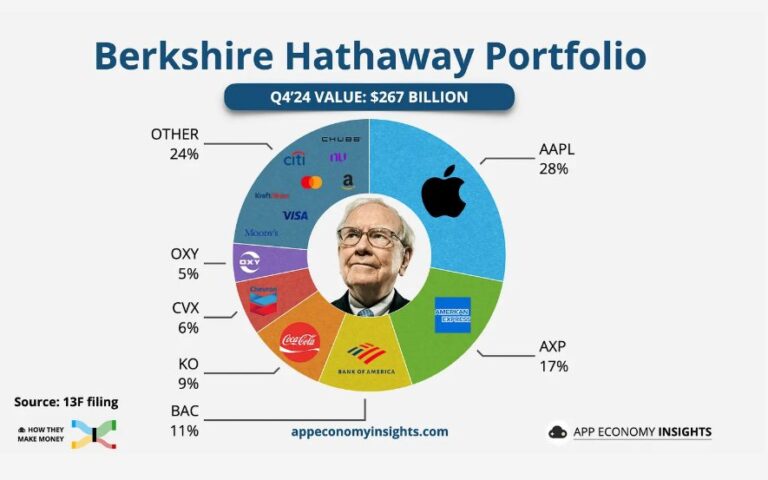Management daily – 10 top tips from famous managers
Management daily refers to the everyday tasks and responsibilities of managing a business or a team. This can include tasks such as planning and organizing work, setting objectives, coordinating activities, making decisions, and measuring performance. It involves the continuous process of guiding and supervising employees to ensure that they are working effectively and efficiently. In a digital marketing context, it could involve activities such as managing social media content, tracking analytics, optimizing SEO, and conducting email marketing campaigns. Management daily.
Management daily techniques
- Prioritize: Identify the most critical issues that need immediate attention and solve them first.
- Collaborative Problem Solving: Encourage team members to come together to discuss problems and formulate solutions. This promotes unity and the sharing of ideas.
- Open Communication: Fosters trust and honesty, which creates a safe environment for discussing problems without fear of judgement.
- Delegation: Assign tasks according to individual strengths and skill sets. This ensures the best use of resources and enhances productivity.
- Training and Development: Encourage members to improve their skills to handle new or complex challenges. Continual learning helps adapt to new situations and reduces problem recurrence.
- Use of Technology: Use project management tools, collaboration software, and communication tools to track, manage and solve problems effectively.
- Conflict Resolution Strategies: Encouraging open dialogue between conflicting parties to express and understand different perspectives, promoting mutual respect and understanding.
- Time Management: Essential to efficiently handle tasks and issues. Using time-tracking tools, setting SMART goals (Specific, Measurable, Achievable, Relevant, Time-bound) can provide structure.
- Feedback System: Regular feedback allows developing plans for improvement and to address issues promptly.
- Intuitive Decision-making: Making instinctive decisions based on the available information and past experiences can sometimes be very effective.
- Empathy: Understanding and acknowledging an individual’s feelings and perspectives fosters a positive work environment and can often lead to quicker resolution of issues.
Different problems may warrant different strategies, so it’s crucial to take a flexible approach towards problem-solving.
Management daily – a learning from famous managers
- Steve Jobs: Jobs was known for his ability to inspire and bring out the best in his team. He was famous for building a culture of innovation and extremely high standards. His approach often meant pushing people to go beyond what they thought was possible to achieve extraordinary results.
- Jack Welch: Welch was acclaimed for revolutionizing the corporate world with his unique leadership strategies. He was famous for implementing the concept of an open-door policy at GE where anyone can discuss anything with the higher-ups. Moreover, Welch believed in transparency and stressed communication as a crucial part of a successful organization. He also implemented the famous Work-Out program, which resembles modern-day town hall meetings that focused on eliminating unproductive work habits and bureaucracy.
- Google Managers: Google is known for its data-led approach to management. They conducted extensive research—the Oxygen project—to determine what makes a great manager. They found that a good manager gives clear goals and objectives, supports their employees, communicates productively, and possesses key technical skills that allow them to advise the team. Google also emphasizes a culture of transparency, curiosity, innovation, and inclusion. They encourage employees to spend 20% of their time on personal projects, which not only keeps employees engaged but also leads to innovative ideas and solutions.
- Elon Musk: Musk promotes a culture that encourages innovation through two key principles: drastic transparency and no hierarchical communication. He is known for his “flat” organizational structure where everyone has access to communicate with anyone, including him. He encourages everyone to contribute ideas regardless of their level within the company.
All these leaders emphasize clear and open communication, a strong vision, and fostering a culture of innovation. But they also understand their employees’ needs and listen to their feedback to make necessary adjustments. Management daily.

In the sphere of digital marketing and e-commerce management, there are several central principles for daily management that ensure the overall success of teams and projects. These principles are often displayed by renowned leaders like Jeff Bezos of Amazon, Mark Zuckerberg of Facebook, and Sundar Pichai of Google.
Jeff Bezos, CEO of Amazon, exemplifies the importance of customer-centric thinking as a fundamental management principle for e-commerce and digital marketing teams. Historically, Bezos has prioritized customer satisfaction over short-term profits, underlining that long-term growth results from continuously adding value for the customer. For digital marketing and e-commerce teams, this can translate into building marketing strategies that specifically cater to customer needs and providing an unmatched online shopping experience. Bezos also stresses on the “Two Pizza Rule” – advocating for smaller teams which allow improved coordination and increased productivity, a management principle that may prove advantageous to e-commerce teams grappling with large workloads.
Mark Zuckerberg’s leadership at Facebook offers credential to the principles of fostering a learning culture and agile adaptation to change. Zuckerberg cultivates an environment that empowers his team members to take risks and learn, valuing innovation over perfection. This can be particularly applicable to digital marketing teams who must operate in a field that’s rapidly evolving due to changing digital trends and consumer behaviors. Moreover, Zuckerberg’s mantra, ‘move fast and break things’, highlights the significance of swift decision-making and embracing failures as learning opportunities, essential attributes in the dynamic digital ecosystem. Management daily.
Lastly, Sundar Pichai’s management style at Google illustrates the importance of openness and a collaborative work environment. Google’s culture of “psychological safety” which was identified in their research study, Project Aristotle, as a defining factor for successful teams, fosters an environment where individuals feel safe to express their thoughts and take risks. This culture of inclusivity aids in stimulating creative brainstorming and problem solving amongst e-commerce and digital marketing teams. Pichai’s emphasis on tech-empowered solutions also underscores how leveraging analytics and technology can lead to data-driven and effective strategies, a crucial aspect of successfully steering a digital marketing team. Management daily.
In essence, embodying customer-centric thinking, fostering a culture of continuous learning and quick adaptation, and maintaining a collaborative and inclusive work environment can significantly enhance the daily management of e-commerce and digital marketing teams. As the aforementioned leaders have demonstrated, these principles can be the cornerstone of navigating the dynamic digital landscape effectively and achieving long-term success. Management daily.
Additional reading you can find here and here. You can also read about company’s sustainable asspirations here
Management daily – effectiveness
The most effective management are – setting clear goals and objectives, regular communication, and fostering a culture of continuous learning and development. Several notable leaders have successfully implemented these in their workplaces and management daily.
Bill Gates, founder of Microsoft, is an advocate of open communication. He regularly conducted “Think Weeks” where employees across the organization could submit papers on new ideas and innovations. Gates would review these papers during a secluded week-long retreat, fostering a culture of open and constructive dialogue across the company. This illustrates why the regular exchange of thoughts, ideas, and feedback is vital in a work environment. Communication not only keeps everyone on the same page but also promotes a culture of transparency and collaboration. Management daily.
In conclusion, setting clear objectives, fostering communication, and promoting continuous learning positions an organization for success, boosts workplace morale, and helps teams to operate more efficiently. These aspects, exemplified by these industry leaders, are key to effective management.







